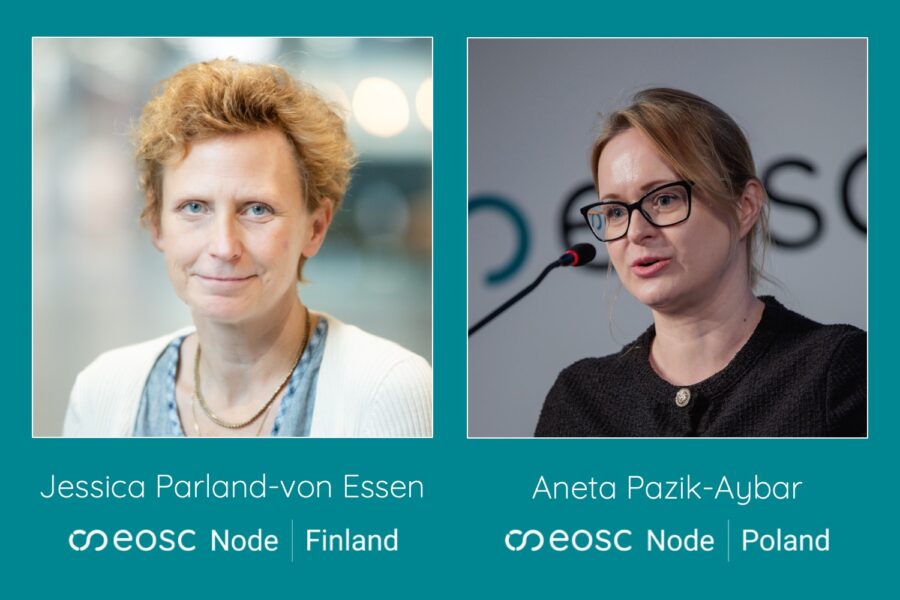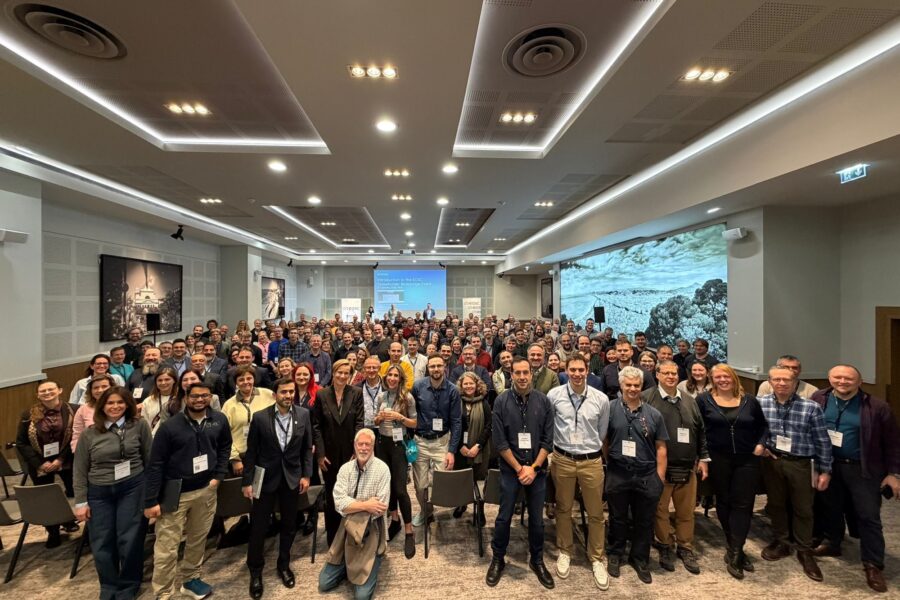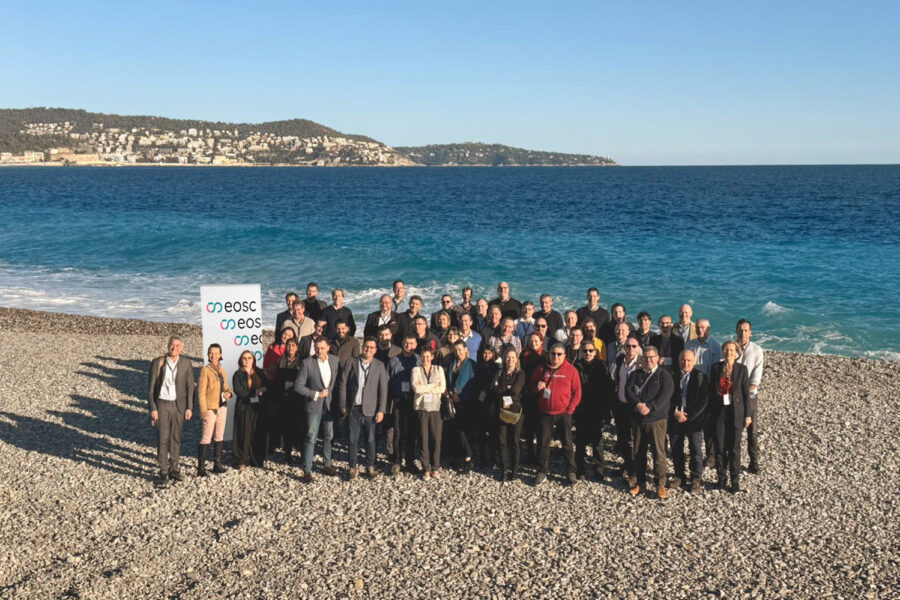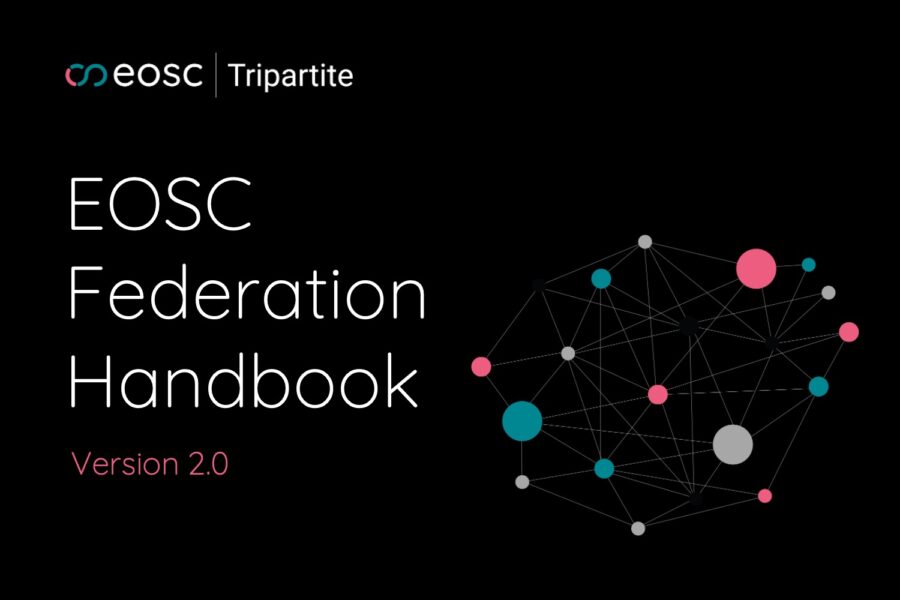ZAGREB — Croatia held its third National Tripartite Event (NTE) on 27 March 2025, reviewing national developments in Open Science and the preparedness of the local community to utilise the planned services of the EOSC Federation.
The event was part of the Days of e-Infrastructure conference, organised by the University of Zagreb University Computing Centre (SRCE), Croatia’s EOSC-A Mandated Organisation and national provider of digital services for research.
Ivan Marić, Director of SRCE, opened the event with an overview of the most important achievements in Open Science in Croatia. Some of the key accomplishments in this area have been the addition of eduGAIN authentication to SRCE services and the alignment with OpenAIRE guidelines for publications and data stored on the national Open Access portals HRČAK (publications) and DABAR (data repository). Marić also emphasised that Croatia was interested in contributing to the build-up phase of the EOSC Federation in the near future.
Paving the way for Open Science
Hrvoje Meštrić from the Ministry of Science, Education and Youth confirmed that Croatia plans to be actively involved in discussions about the future of EOSC beyond 2027, i.e. after the end of the current Framework Programme. The country is involved in EOSC-related activities via the European Strategy Forum on Research Infrastructures (ESFRI), e-infrastructures, and various EU-funded projects. This demonstrates the existence of a vibrant Open Science community, reinforced through additional engagement activities organised locally by SRCE and other institutions.
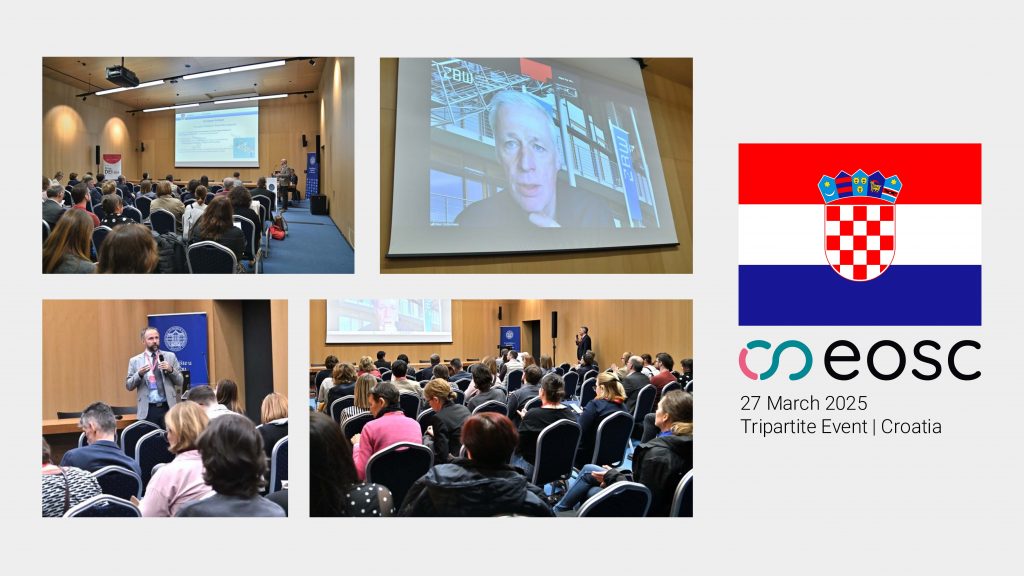
A National Open Science Plan, expected to be approved by the government this spring, will provide an umbrella for Open Science policies in the country. Mr Meštrić also highlighted the successful application of Croatia to OECD’s Committee for Scientific and Technological Policy (CSTP), which will not only increase opportunities for international cooperation, but also support the implementation of policies for the digital and green transitions. The Ministry is negotiating with universities the financial arrangements under which Open Science procedures will be implemented in the coming years.
Meanwhile, Croatian institutions, such as the University of Rijeka, continue to develop and adopt Open Science policies. Nina Begičević Ređep and Miroslav Rajter explained how this has been done at the University of Zagreb.
Update on the EOSC Federation and European developments
Klaus Tochtermann of the EOSC-A Board of Directors described the state of play of the EOSC Federation and conveyed the next steps agreed at the European Tripartite Event, which took place two days prior to the Croatian NTE. At that meeting, the EOSC Tripartite Governance confirmed the mandate for EOSC-A to coordinate the implementation of the build-up phase of the EOSC Federation through 2025. Tochtermann emphasised that involvement of all key stakeholders — including the European Commission, the EU Member States and Associated Countries, as well as the scientific community — will be critical to guarantee buy-in.
The morning session closed with a talk by Stefan Liebler from the European Commission, who reminded the audience that the new European Research Area (ERA) Policy Agenda for the years 2025-2027 will be approved soon, with concrete policies required to be in place to facilitate research assessment, copyright law, and access to research infrastructures.
The event continued with a dynamic afternoon session conducted in Croatian, providing the community with an opportunity to discuss Open Science practices, copyright issues, and regional collaboration within the Research Data Alliance.



